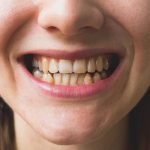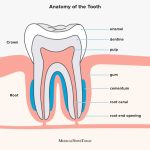Loose Teeth: Understanding the Causes and Prevention Methods
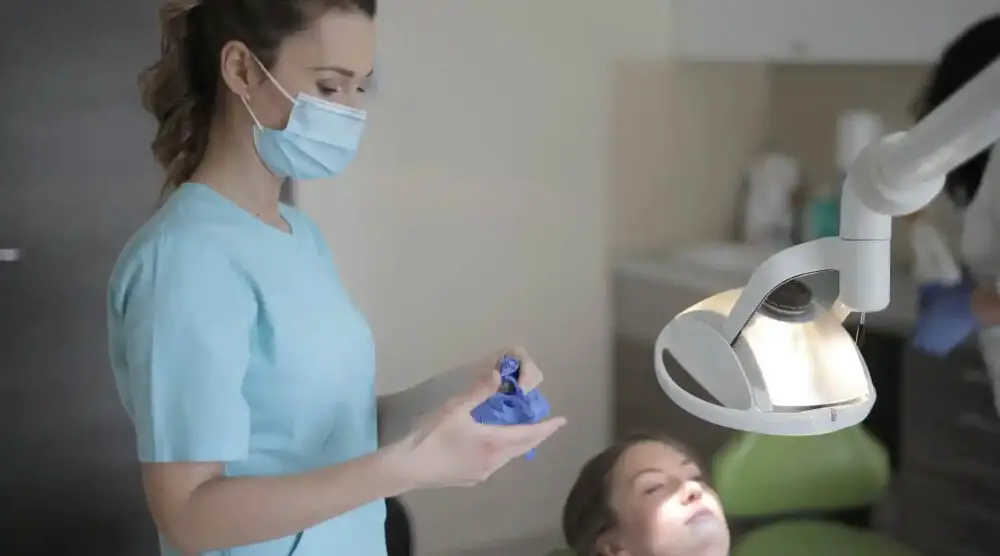
Loose teeth can be a serious concern for individuals of all ages. Whether you are a child experiencing the loss of baby teeth or an adult dealing with gum disease, loose teeth can be a painful and frustrating experience. Understanding the causes of loose teeth is essential for prevention and effective treatment. In this article, we will explore the various factors that contribute to loose teeth and provide actionable steps to prevent further damage. There are several reasons why teeth may become loose. While some causes are preventable, others are beyond our control. Gum disease, for example, is a leading cause of tooth loss among adults. Poor oral hygiene habits, such as infrequent brushing or flossing, can cause bacteria to build up in the mouth, leading to gum inflammation and eventual tooth loss. Additionally, trauma to the mouth, such as a sports injury or accident, can cause teeth to become loose or fall out entirely. By understanding the underlying causes of loose teeth, we can take steps to prevent them and maintain optimal oral health.
Loose teeth can be a concerning issue that affects people of all ages, and it is often a sign of poor oral health. When teeth become loose, they can make it difficult to eat, speak, and even smile with confidence. The leading causes of loose teeth are gum disease, injury or trauma to the mouth, and tooth decay. If left untreated, loose teeth can lead to infection, tooth loss, and other serious dental problems. It is crucial to understand the causes of loose teeth and take preventative measures to maintain good oral health. By practicing good oral hygiene, visiting the dentist regularly, and wearing protective gear during physical activity, individuals can prevent loose teeth and ensure a healthy, beautiful smile.
The article \Loose Teeth: Understanding the Causes and Prevention Methods\ will provide readers with comprehensive information about the various causes of loose teeth and how to prevent them. The article will cover the importance of oral hygiene and regular dental checkups to ensure healthy teeth and gums. The causes of loose teeth, such as gum disease, trauma, and grinding of teeth, will be discussed in detail. Additionally, the article will provide readers with effective prevention methods, including proper brushing and flossing techniques, wearing a mouthguard during sports activities, and avoiding harmful habits, such as smoking and excessive alcohol consumption. Overall, this article aims to educate readers on how to maintain good oral health and prevent the potential loss of teeth.
Causes of Loose Teeth
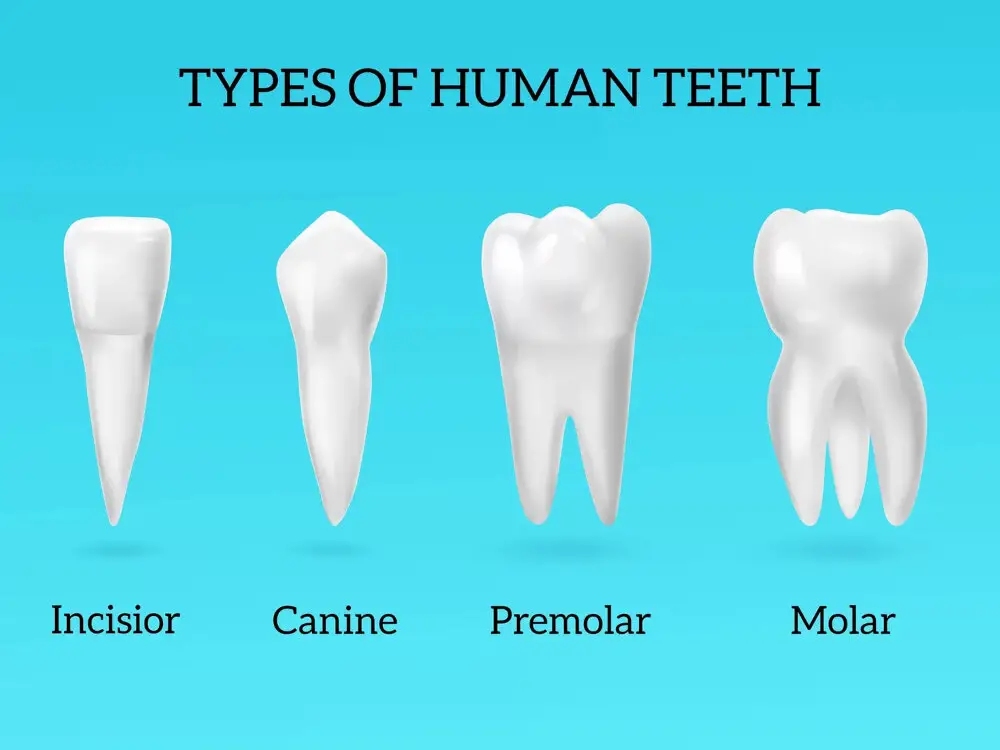
Loose teeth can be a distressing and uncomfortable issue that affects many people, and there are several potential causes for this problem. One of the most common reasons for loose teeth is gum disease, which can occur when plaque builds up on the teeth and leads to inflammation and infection of the supporting tissues. As gum disease progresses, it can cause the gums to recede and the bone density in the jaw to decrease, which can ultimately result in teeth becoming loose and even falling out. Other possible causes of loose teeth include trauma or injury to the mouth, such as from a sports accident or a fall, as well as certain medical conditions like osteoporosis or diabetes that can weaken the bones and tissues that support the teeth. Preventing loose teeth involves taking proactive steps to maintain good oral hygiene and prevent gum disease. This can include brushing and flossing regularly, using mouthwash to kill bacteria, and visiting the dentist for regular checkups and cleanings. In addition to these measures, it’s important to avoid habits that can damage the teeth and gums, such as smoking and chewing tobacco, and to eat a healthy diet that’s rich in vitamins and minerals that support dental health. By taking these steps, individuals can reduce their risk of developing loose teeth and other dental problems, and enjoy a healthy, beautiful smile for many years to come.
Loose teeth are a common dental problem that can cause discomfort and affect the overall oral health of an individual. Gum disease, also known as periodontitis, is one of the major causes of loose teeth. It is characterized by inflammation and infection of the gums, which can lead to bone loss and eventually tooth loss. Trauma to the teeth and gums can also result in loose teeth, such as accidents or sports injuries. Teeth grinding, also known as bruxism, can cause excessive pressure on the teeth, leading to loose teeth over time. Other causes of loose teeth may include hormonal changes, certain medications, and poor oral hygiene practices. It is important to identify the underlying cause of loose teeth and seek prompt treatment to prevent further damage and maintain good oral health.
Loose teeth can be caused by a variety of factors, and understanding these causes is key to preventing tooth loss. One common cause is periodontal disease, which occurs when bacteria build up in the gums and lead to inflammation and eventual damage to the tooth’s supporting structures. Another cause is trauma to the tooth or jaw, which can occur from accidents or sports injuries. Additionally, habits such as teeth grinding or clenching can put excessive pressure on the teeth and lead to loosening over time. Poor oral hygiene and advanced age can also contribute to loose teeth, as can certain medical conditions like osteoporosis or diabetes. By taking steps to maintain good oral hygiene, wearing protective gear during physical activities, and seeking treatment for any underlying medical conditions, individuals can help prevent loose teeth and maintain a healthy smile.
Prevention Methods for Loose Teeth

Loose teeth can be a significant concern for many people, indicating a potential problem with their dental health. Fortunately, there are a few prevention methods that one can follow to avoid the onset of loose teeth. Firstly, it is essential to maintain a good oral hygiene routine. Brushing your teeth twice a day, flossing regularly, and using mouthwash can help to prevent gum diseases that can lead to loose teeth. By keeping your teeth and gums healthy, you can prevent the spread of harmful bacteria that can weaken your teeth’ support structure. Secondly, it is important to visit your dentist regularly for checkups and cleanings. A dentist can identify any potential issues early on and provide treatment to prevent the progression of loose teeth. Additionally, they can provide advice and guidance on how to maintain good oral hygiene practices and address any concerns you may have about your dental health. By taking preventative measures, you can avoid the discomfort and potential long-term damage caused by loose teeth, ensuring your teeth remain healthy, strong, and firmly in place.
Loose teeth can be a frightening experience, but it’s important to remember that there are practical steps you can take to prevent them. One of the most important things you can do is practice proper oral hygiene. This includes brushing your teeth twice a day, flossing regularly, and using mouthwash to kill bacteria. Additionally, wearing a mouthguard during physical activity can help protect your teeth from trauma. It’s also important to avoid hard or crunchy foods that can damage your teeth and gums. By following these simple tips and strategies, you can help prevent loose teeth and maintain a healthy, beautiful smile.
Prevention is key when it comes to keeping teeth secure and healthy. One of the most effective prevention methods is regular dental checkups. During these checkups, dentists can identify any potential issues and address them before they become more serious. Additionally, maintaining good oral hygiene habits such as brushing twice a day and flossing daily can help prevent gum disease and tooth decay, which can lead to loose teeth. Wearing a mouthguard during sports or other high-impact activities can also protect teeth from damage. Finally, avoiding habits such as smoking and excessive alcohol consumption can help keep teeth strong and healthy. By following these prevention methods, individuals can take proactive steps to maintain their oral health and prevent loose teeth.
Treatment Options for Loose Teeth

When it comes to loose teeth, there are a number of treatment options available depending on the cause and severity of the issue. One of the most common treatments for loose teeth is scaling and root planing, which is a deep cleaning procedure that removes plaque and bacteria buildup from the tooth roots and gum line. This procedure helps to promote gum health and can prevent further damage to the teeth. Another common treatment option is the use of dental splints or braces, which help to stabilize the teeth and prevent them from moving further out of place. These devices can be custom-made to fit each patient’s specific needs and can be worn for a period of time until the teeth have fully healed. In more severe cases, tooth extraction may be necessary to prevent further damage to the surrounding teeth and gums. In these cases, a dental implant or bridge may be recommended to replace the missing tooth and restore the patient’s smile. In all cases, it is important to seek prompt treatment for loose teeth in order to prevent further damage and promote overall oral health. By working closely with a dental professional and following a good oral hygiene routine, patients can enjoy healthy, strong teeth for years to come.
When it comes to treating loose teeth, there are several options available to patients depending on the severity of the situation. Dental splints are one option that involves bonding the loose tooth to an adjacent stable tooth using a wire or acrylic material. This holds the tooth in place while it heals. Gum grafts may be used when gum disease has caused the teeth to become loose. This procedure involves taking tissue from the roof of the mouth and using it to cover the exposed tooth root to stabilize it. Dental implants are another option, which involves surgically placing an artificial tooth root into the jawbone to provide support for a replacement tooth. Ultimately, the best treatment option will depend on the individual patient’s situation and the recommendations of their dentist or periodontist.
When it comes to treating loose teeth, there are several options available each with its own set of benefits and potential drawbacks. One option is scaling and root planing, which involves removing plaque and tartar buildup from the teeth and smoothing out the roots to promote reattachment of the teeth to the gums. The benefits of this treatment include the prevention of further gum disease and the potential for the teeth to tighten back up. However, it can be uncomfortable and may require multiple visits. Another option is dental splints, which involve bonding the loose teeth to surrounding stable teeth to provide support. The benefits of this treatment include immediate stabilization of the teeth and improved appearance, but the potential drawbacks include difficulty with oral hygiene and the risk of the splint becoming loose or causing damage to surrounding teeth. Ultimately, the best treatment option will depend on the individual’s specific case and should be determined in consultation with a dental professional.
The article \Loose Teeth: Understanding the Causes and Prevention Methods\ provides valuable insights into the reasons why teeth may become loose and offers practical tips to avoid this condition. The main causes of loose teeth are gum disease, trauma, and bone loss. Gum disease is the most common cause, as it leads to the weakening of the supporting tissues around the teeth. Trauma, such as accidents or sports injuries, can also loosen teeth by damaging the ligaments that hold them in place. Lastly, bone loss due to conditions like osteoporosis can weaken the jawbone and cause teeth to become loose. To prevent loose teeth, it’s essential to maintain good oral hygiene, which includes regular brushing, flossing, and visits to the dentist. Additionally, avoiding bad habits like smoking and consuming sugary foods can also help keep teeth healthy and strong.
Your teeth are incredibly important to your overall health and well-being. Loose teeth can be a sign of gum disease, which, if left untreated, can lead to tooth loss. To prevent loose teeth, it’s important to practice good oral hygiene habits like brushing twice a day, flossing daily, and visiting your dentist regularly for checkups. If you notice any symptoms such as bleeding gums, bad breath, or tooth sensitivity, it’s important to seek professional help right away. Your dentist can provide you with the care you need to prevent further damage to your teeth and gums, and help you maintain a healthy, beautiful smile for years to come. Don’t wait until it’s too late – take action today to keep your teeth strong and healthy!
Conclusion
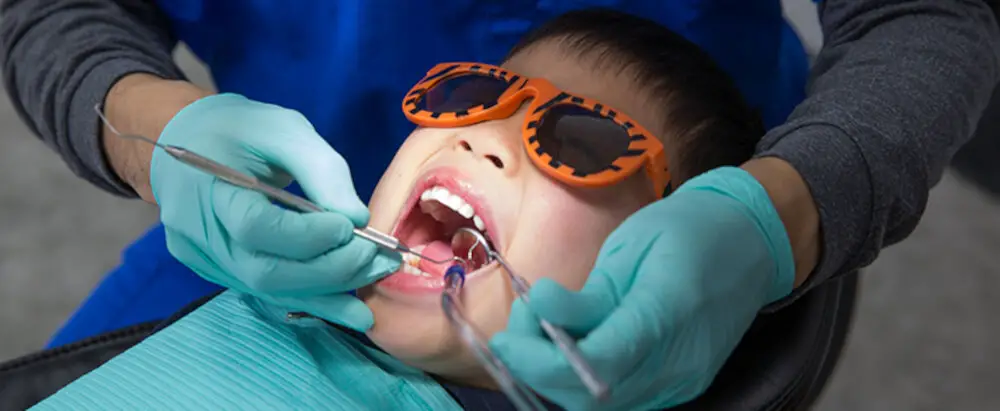
In conclusion, loose teeth can be a concerning issue for anyone. However, understanding the causes and prevention methods can help individuals take the necessary steps to ensure their oral health. Poor dental hygiene, gum disease, trauma, and osteoporosis are some of the common causes of loose teeth. On the other hand, practicing good oral hygiene habits, including brushing, flossing, and regular visits to the dentist, can significantly reduce the risk of developing loose teeth. Additionally, taking steps to improve overall health, such as maintaining a healthy diet and avoiding smoking, can also help to prevent loose teeth. By being proactive in their oral health, individuals can avoid a host of dental issues, including loose teeth, and maintain a healthy, beautiful smile for years to come.



